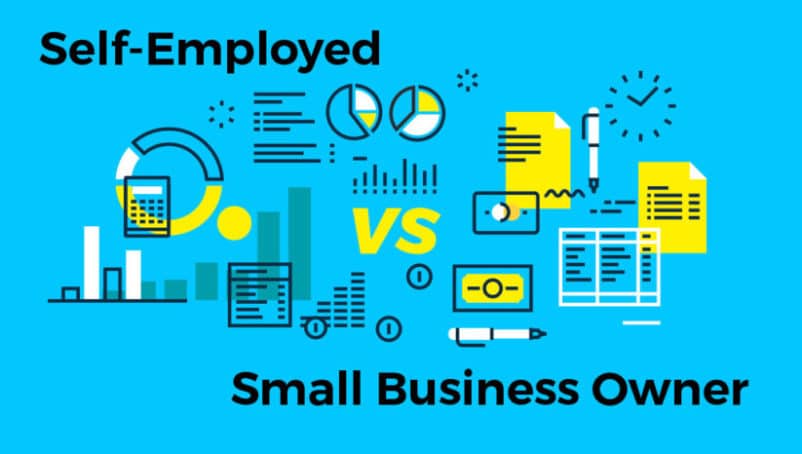You may be an expert in your field, but you need to wear several different hats as a small business owner. When you started your business, it probably wasn’t because you wanted to spend all your time doing small business bookkeeping and accounting (unless you’re an accountant!)
But whatever your business, you can’t avoid accounting and your finances. You need a sound bookkeeping system to track your income, expenses, invoices, and receipts, to stay out of debt and out of trouble with the tax authorities. Without basic bookkeeping and accounting skills, you won’t know whether you’re losing money or making a profit.
So to help your business thrive, we’ve put together a straightforward intro to bookkeeping and accounting basics to help you stay on track. This guide covers:
- Accounting vs. bookkeeping: what’s the difference?
- Bookkeeping 101: 4 best practices for any business
- Different accounting methods for small business
- Do I need a small business accountant?
- Small business bookkeeping and accounting software
- Small business accounting tips
Accounting vs. bookkeeping: what’s the difference?
While some people may use the terms interchangeably, there’s a subtle difference between the two functions. According to Quickbooks, bookkeeping is the day-to-day recording of financial transactions and information about a business. Bookkeeping is more administrative and transactional.
On the other hand, accounting is the process of interpreting, classifying, analyzing, reporting and summarizing financial data collected while bookkeeping. Accounting is analyzing your bookkeeping records to understand your business, such as operational costs, revenue streams and your business’s overall financial health.
With diligent bookkeeping and accounting, you can spot cash flow problems before they start, generate financial forecasts and make informed decisions about business finances.
Bookkeeping 101: 4 best practices for any business
No matter your business type, these four bookkeeping fundamentals will help you stay on the right track. Don’t worry about getting everything right immediately; you’ll get better at budgeting and recording transactions as you gain experience.
1. Record every transaction
Keeping accurate records will make learning how to do accounting and file your taxes much more manageable. Record every payment you make and all the money that comes in, even if a client reimburses you or it’s just a dollar you found on the sidewalk.
You can even include notes to remind yourself of why the transaction happened. Keeping good records builds a strong foundation for all of your basic accounting.
2. Budget precisely
Planning is the key to basic bookkeeping for small businesses. Writing a detailed budget will remind you to set aside money for things like office supplies, marketing, and taxes, so you don’t get a nasty shock when tax season rolls around.
It will also help you set benchmarks so that you’ll know early on if you need to up your game or can afford to take a break.
3. Separate business and personal transactions
When you’re first starting out, your business might be a sole proprietorship, where there is no tax or legal separation between your business and personal finances. Even if this is the case, the best thing you can do for yourself is to have separate business and personal bank accounts.
And this doesn’t just mean separating money and transactions in one checking account; it’s better to have everything completely separate, including accounts, checkbooks and credit cards. It will make it easier to solve problems later when you come across mystery expenses and will make your accounting paperwork a piece of cake.
4. Review your books regularly
You might have the cleanest business ledgers, but it won’t do you any good unless you review them regularly. Set aside time weekly, monthly, and yearly to review your records.
Regular reviews ensure every cent is accounted for, there aren’t any discrepancies, and you understand every transaction. This is also a good time to check that your financial goals are on track and to follow up with clients about billing.





